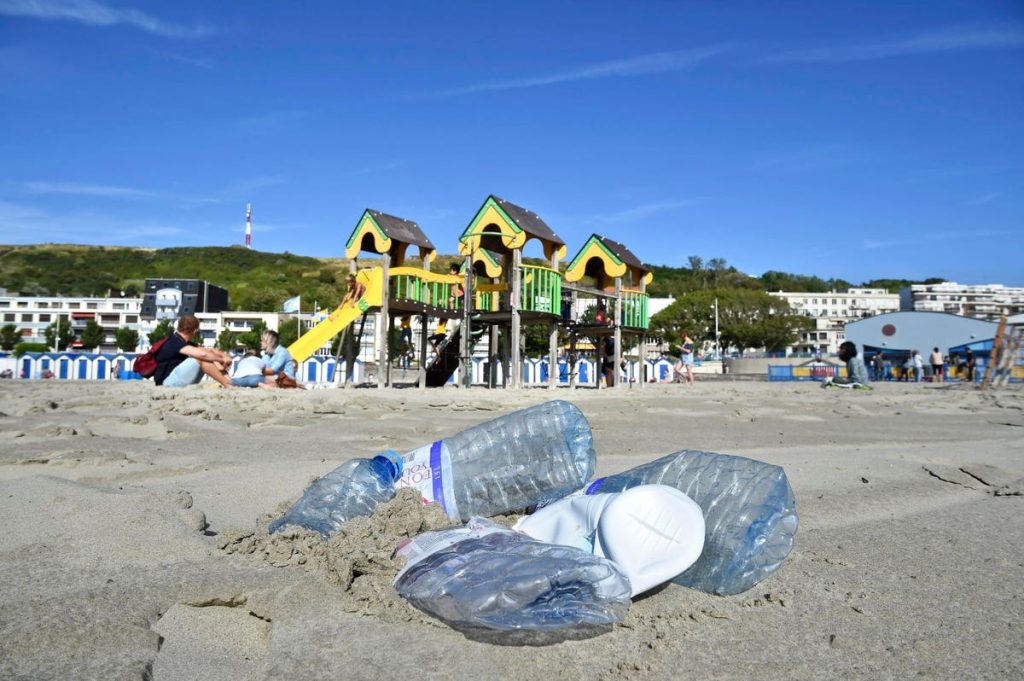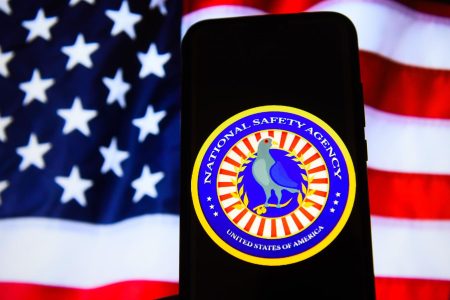Eliminating five key products could help reduce the amount of plastic waste on beaches and shorelines by 1.4 million tonnes a year, according to a new study.
The Charting a Course To Plastic Free Beaches study by Ocean Conservancy claims if cigarette butt filters, straws, cutlery, bags, and foam foodware were banned across the United States, plastics usage would drop by about 450 billion pieces each year.
It argues this would be equivalent to eliminating roughly 1.4 million tons of plastics, or approximately 1,000 fewer single-use plastic products and packaging for each person in the United States each year.
The study also claims eliminating these products would help to reduce carbon emissions by roughly 7 million tonnes a year, the equivalent of taking 1.5 million cars off the road for a year.
The report is based on 40 years of data from International Coastal Cleanup (ICC), which first began in 1986.
Since then, nearly 18 million volunteers have collected 350 million pounds of trash and tallied over 381 million items from beaches and waterways around the world.
According to the study, between 1986 and 2021, ICC volunteers collected more than 59 million cigarette butts, 28 million food wrappers and 21 million beverage bottles.
And it states more than 30 countries—including India, Chile, Rwanda and Canada—have already enacted nationwide bans on some of these five single-use plastic items named in the report.
While in the U.S., at least 13 states and Washington, D.C. have banned various single-use items.
It adds the items discussed in this report can be effectively banned because they are either not needed, or because they can be easily replaced with reusable options.
In the case of cigarette butts, it adds one of the one of the most effective ways to reduce pollution in the ocean is to ban cigarette smoking on public beaches and in parks.
And another approach to reducing plastic pollution from cigarette butts would be to ban single-use filters, which are the plastic components of cigarettes.
It also notes in recent years, state and local governments have begun to take action to reduce plastic bags through bans and fees.
The report says the most effective legislative efforts combine a ban on plastic carryout bags with a fee on all single-use or non-reusable bags.
This encourages the use of reusable bags rather than simply replacing single-use plastic bags with single- use paper bags, according to the study.
Dr. Anja Brandon, an associate director of U.S. plastics policy at Ocean Conservancy said in a statement not only would eliminating these items have an immediate positive impact on beaches and waterways, but it would also help keep some of the most common non-recyclable items from “mucking up our waste stream”.
While Ocean Conservancy’s vice president of ocean plastics, Nicholas Mallos said the report’s findings “forge a clear path of action so that we can all make the dream of plastic-free beaches a reality”.
“The first step is simple,” he added. “Take the worst offenders off of shelves.”
This year’s International Coastal Cleanup is set to take place throughout the month of September.
Read the full article here










